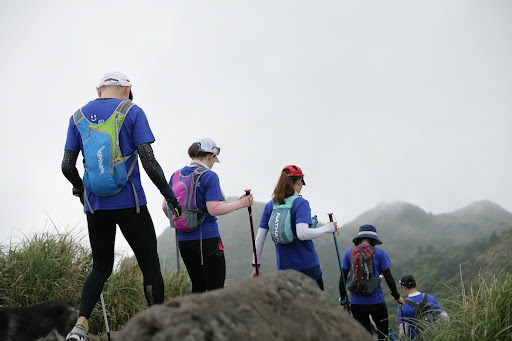4 Ways To Take Control During Addiction Recovery
If you are in recovery from an addiction, you probably know that it is a lifelong process that can be stressful at times. The constant battle against your urges can wear on you. On top of that, you have daily stressors that everyone experiences. Anxiety and worry can cause a downward spiral that puts you at risk of relapse.
It is imperative to be prepared for stress and to practice good self-care while in recovery. Learning how to properly care for your body and mind is essential.
Here are some ideas to help you take control during addiction recovery.
Take Care of Your Basic Needs First
Addiction often takes precedence over basic human needs. When you are addicted to drugs or alcohol, that substance becomes the center of your life. Basics that all humans need, such as food and sleep, often get neglected.
When you are hungry or tired, you are more likely to feel irritable. You might find it harder to make good decisions, which can lead to a relapse. Therefore, your first priority during recovery should be meeting your basic needs.
Make sure you get enough sleep each night. Try to establish a regular sleep routine where you go to bed and wake up at the same time every day. Eat on a regular basis and make sure you choose healthy food that will nourish your body. Don’t skip meals, as this can lead to irritability and make it more likely that you will overeat later.
Intensive outpatient treatment (IOP) can help you learn to take care of your basic needs and practice good self-care after rehab. IOP is a structured treatment program that offers outpatient counseling, coping skills training and more.
Manage High-Risk Situations
Certain situations can trigger a relapse for some people. Examples of high-risk situations include hanging out in bars or clubs where you used to drink, and being around people who are using or having alcohol or drugs in your home. For some people, high-risk situations include events like birthday parties or other celebratory occasions, or even getting a paycheck. It is not always possible to avoid high-risk situations. For example, if you work, then you will have to learn to deal with getting a paycheck. However, you can learn to manage these situations. Some ways to successfully handle high-risk situations include:
- Attending regular counseling sessions after leaving rehab to help you practice coping skills.
- Meeting with your Alcoholics Anonymous sponsor on payday to have extra support.
Banish Boredom
Boredom is a major relapse trigger for a lot of people. When you are in rehab, your time is occupied day and night — there is a lot of structure. After you leave, you will probably have a lot more time on your hands. It is essential to find positive ways to fill that time. Explore interests such as dancing or painting, or volunteer. Embark on a new career path. Go back to school.
Practice Mindfulness
During rehab, you might have learned about mindfulness. Mindfulness means actively paying attention to the present moment and simply identifying your feelings. With mindfulness, you don’t apply any type of judgment or criticism to what you are feeling. You simply notice your feelings. Mindfulness can help you accept circumstances you cannot change and let go of negative feelings associated with them.
There are many factors that can test your self-control during recovery. Fortunately, you have the above tips to help you stay on the path to sobriety and attain lasting recovery. To learn more about Buena Vista Recovery’s commitment to recovery, contact us today.





